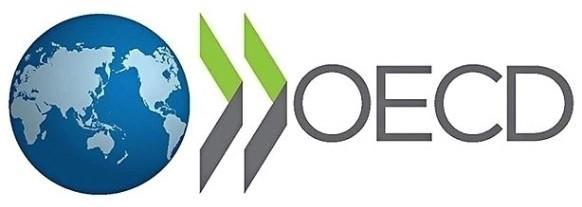
On June 7th, 2017, Liechtenstein signed the Multilateral Convention to Implement Tax Treaty Related Measures to Prevent Base Erosion and Profit Shifting (BEPS) by large international corporations. Liechtenstein is one of 76 states and territories which has accepted or signed the convention.
The Multilateral Instrument (MLI) is the product of efforts by the Organization for Economic Cooperation and Development (OECD) to prevent abuse and tax evasion of internationally active companies with a turnover of more than 750 million euros by profit shifting. The MLI was designed to implement treaty reform and coordination within existing bilateral double tax treaties.

The convention is a significant step toward expanding the effectiveness of the MLI. It defines minimum standards to be implemented directly or bilaterally into the double taxation agreement to counter treaty abuse and to improve dispute resolution mechanisms. It offers solutions to existing gaps in international tax rules by transposing results from the OECD/G20 BEPS Project into bilateral tax treaties worldwide.
The OECD has said that more than 1,000 bilateral tax treaties will be affected within a few years, and that the first impact on multinational tax structures should take place in 2018 or 2019.
Liechtenstein will first use the BEPS agreement within 15 bilateral treaties, according to documents the country submitted to the OECD. These include agreements with the Czech Republic, Georgia, Germany, Great Britain, Hong Kong, Singapore, Switzerland, Hungary, Uruguay, and the United Arab Emirates.
The text of the convention can be found here.
